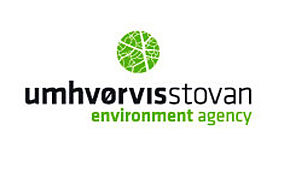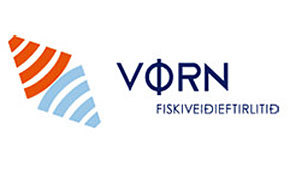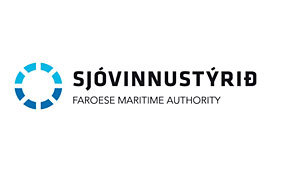Marine Environmental Protection
For the Faroe Islands, maintaining a clean and productive marine environment is of paramount importance.
Reducing the environmental impact of fishing on the marine environment is an essential part of responsible fisheries management today.
Requirements to protect the marine environment are outlined in the Marine Environmental Act, with regulations implemented in line with commitments under international conventions such as the MARPOL convention for the Prevention of Pollution from Ships and the OSPAR Convention for the Protection of the Marine Environment in the North Atlantic. The responsible authorities are the Environment Agency (Umhvørvisstovan), the Faroese Maritime Authority (Sjóvinnustýrið) and the Faroese Fisheries Inspection (Fiskiveiðueftirlitið).
When it comes to marine pollution, local concern is a global concern and a global responsibility. The seas around the Faroe Islands are amongst the cleanest in the world. The potential for pollution from long-range industrial sources is taken seriously by the Faroese authorities and industry. Yearly samples taken by the FVA from farmed salmon show that the levels of pollution are low and way below the safety levels set by the EU.
Climate change and marine productivity
The effects of climate change on marine ecosystems around the Faroe Islands are of international research interest. Although the impacts are not yet fully understood, research in the Faroe Islands indicates a close relationship between changing weather patterns and the productivity of marine ecosystems. Global warming may lead to significant changes in the dynamics of the system of currents which regulate and determine sea temperatures and productivity of marine ecosystems. On-going monitoring and modelling of the effects of area and seasonal closures on fish stocks and their habitats is a priority for science-based fisheries management in the Faroe Islands. Work is underway to develop an ecosystem model for the Faroe Plateau which is capable of providing comprehensive information on optimum and sustainable use of the marine ecosystem.
Illegal to discharge waste at sea
It is prohibited to discard trawls, nylon ends, plastic bags, oilskins or any other products containing plastics, which can be a potentially fatal hazard to many forms of marine fauna, such as seabirds. All waste from vessels, including general refuse, waste oil and other products must be taken ashore. The Faroese Environment Agency in cooperation with local municipal authorities takes a proactive role in informing vessels of their duties and improving the waste facilities available on shore.



